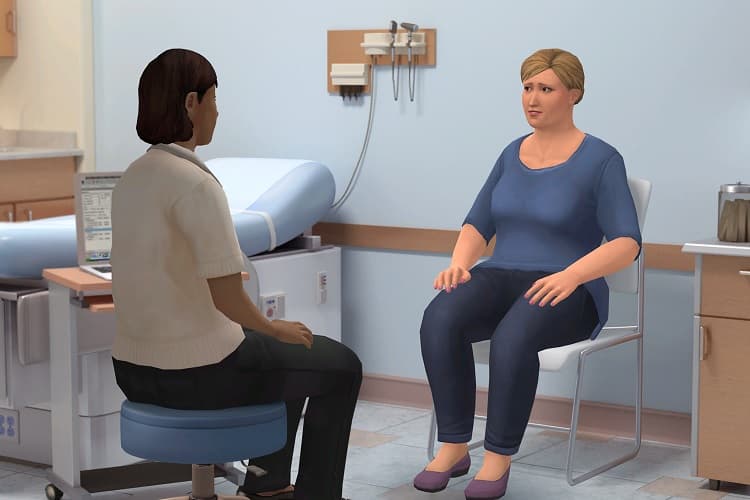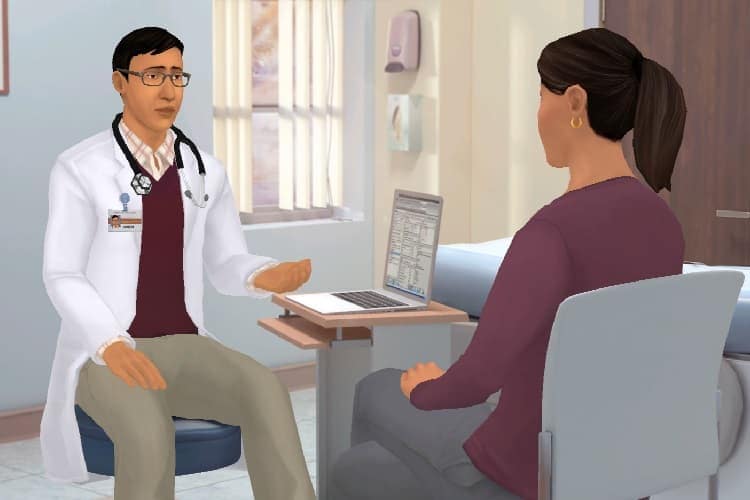Information for Health Care Providers
Learn about tools that health care providers can use to conduct distress screening with cancer survivors in this video.
People are living longer after a cancer diagnosis because of advances in early detection and treatment. After completing treatment, people may continue to need care related to their cancer or its treatment.
Everyone is at risk of developing cancer. Yet, people with a personal history of cancer are at greater risk than people who have never had cancer. The recurrence (cancer at the same site) or second cancer (cancer at a different site) may be due to—
- The effects of treatment.
- Unhealthy behaviors.
- Underlying genetics.
- Risk factors that contributed to the first cancer.
People who had cancer also often face physical, emotional, psychosocial, and financial problems as a result of their diagnosis and treatment.
Medical and public health professionals can help prepare patients for the possible long-term and late effects of cancer and its treatment. They can also provide coordinated care and promote healthy behaviors.
Survivorship Care Plans
Survivorship care plans are documents given to patients at the end of their cancer treatment. They summarize the patient’s cancer and treatment history; potential long-term effects of cancer or its treatment; and recommended screening, surveillance, preventive care, and follow up. They also identify the health care providers responsible for different aspects of care.
Many patients do not return for follow-up care after they complete cancer treatment. Survivorship care plans can help guide communication and coordinate care between patients and their health care team, so patients get the follow-up care they need. Plans are now included in some programs designed to improve the quality of cancer care.
This simulation provides a safe and responsive learning environment for providers to practice effective communication techniques for talking to people with cancer about nutrition, physical activity, and obesity risk.
Telementoring and patient navigation can improve care for people with cancer in rural areas, where access to cancer care specialists is limited.
The Provider Education for Mental Health Care of Cancer Survivors Training increases health care providers’ knowledge about mental health care for people with cancer and promotes distress screening.
- Long-term Survivorship Care after Cancer Treatment: A Workshop (National Academies of Sciences, Engineering, and Medicine)
- Still lost in transition? Perspectives of ongoing cancer survivorship care needs from comprehensive cancer control programs, survivors, and health care providers (PubMed Central)


